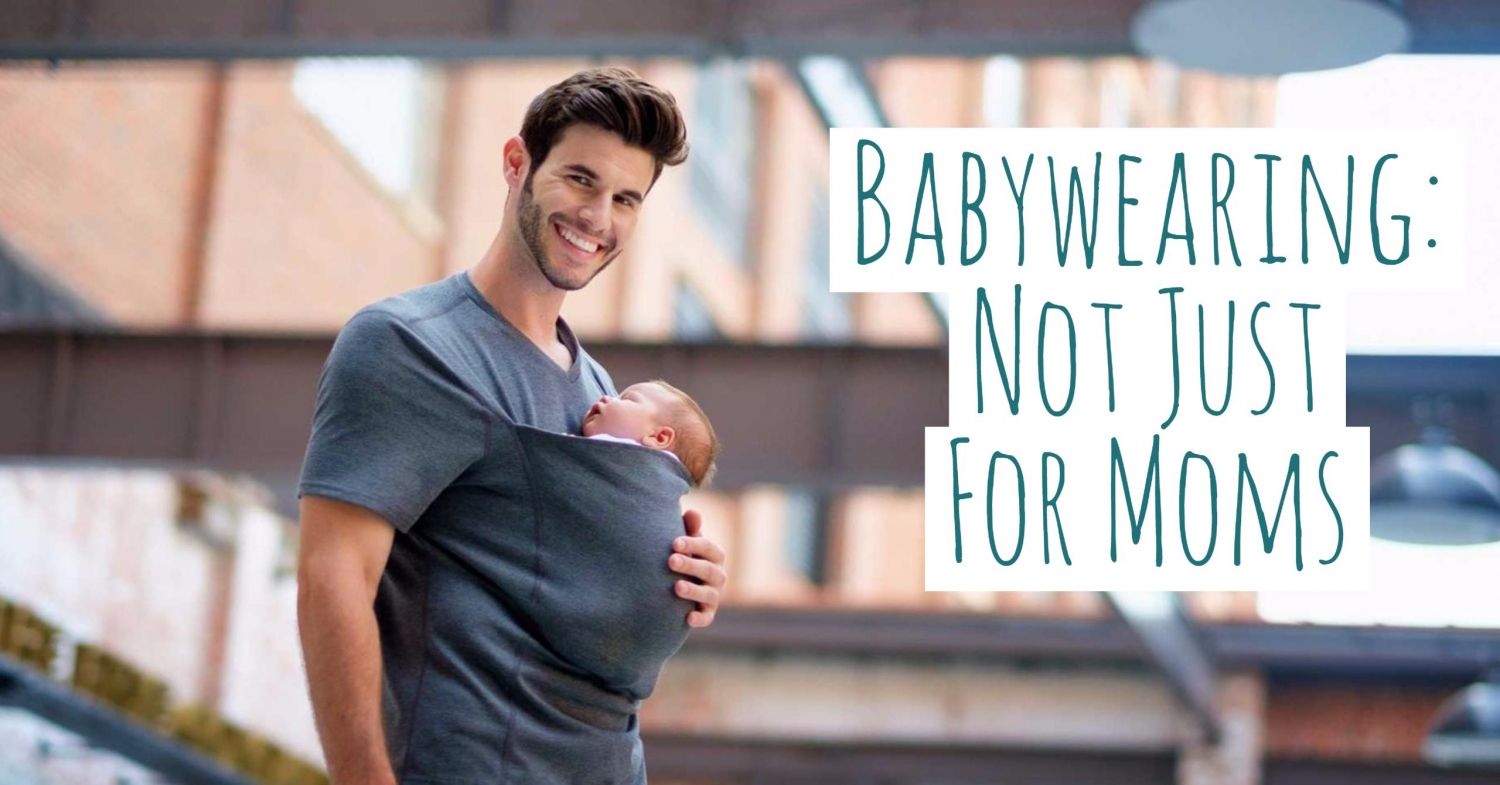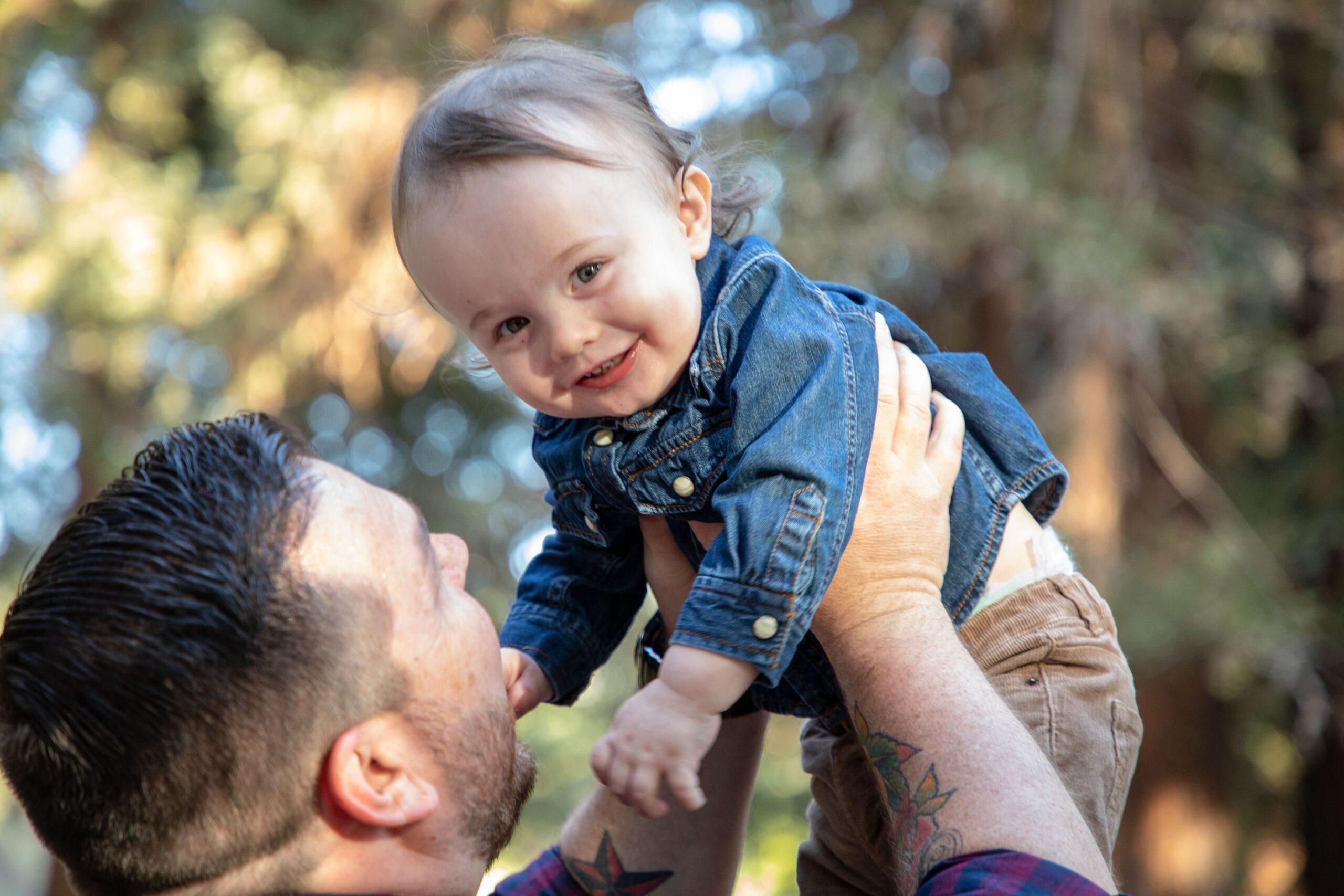Parents of infants and newborns may sometimes have a tough time figuring out their babies’ needs based solely on their crying. They are all pondering the same thing: How can I ensure my little bundle of joy actually stays joyful?
New parents have so much on their plate, and a fussy baby can make everything even more difficult. Consider the following tips in your efforts to ensure baby stays happy and calm.
Set a routine.
Even babies can sense what is coming next. Your little one thrives on routine and structure and will be much happier if she’s eating, sleeping, bathing, and playing at roughly the same times every day. Sleep is especially important. A well rested baby is a happy baby. Be vigilant about bedtimes and naptimes, even if they don’t work well with your schedule. Babies will actually sleep better if their naps and bedtimes are consistent versus if they’re overtired.
Keep yourself calm.
Babies take their cues from mom or dad. If you become panicky or irritable, your baby will sense it and react the same way.
Snuggle with them.
Babies need physical touch, and being snuggled by mom or dad will keep them calm and help them feel safe. The “Kangaroo Hold,” or going bare skin to bare skin, is especially calming for a child.
Know your baby.
You’ll quickly learn what makes your little one fussy. Some babies are extremely sensitive to needing a clean diaper, having itchy clothes or clothing tags, being hungry, feeling too warm or too cold, etc. Journaling when your baby appears to be fussy and how or when the crying stops may give you some good insight into what your baby needs.
Have a special song.
Babies love being the center of attention. Find a special song to sing when baby is feeling fussy. The sound of your singing will comfort her and help her calm down.
Create bathtime rituals.
Sometimes, when baby is feeling out of sorts, a warm bath can help sooth the negative disposition. Create special bathtime rituals that will relax your little one and keep her calm. Most babies enjoy music, and playing your little one’s favorite songs can often put her in a more playful mood. The water from the shower can also produce a calming effect.
Story time.
Babies enjoy the sound of a parent’s voice while being snuggled. Reading a special story, particularly at bedtime, can create wonderful bonding moments among mom, dad, and baby. It also can set the stage for a restful night’s sleep.
Massage.
Just like adults, babies can feel the day’s stresses. Use lightly scented or unscented oil to massage baby’s back, legs, and arms while speaking soft words of affirmation to calm baby’s mood. The soft sounds of mommy’s or daddy’s voice will lull baby into a more relaxed state of being.
Take a walk or go for a car ride.
Babies need variety in their day, too, and if the fussiness starts, they will often calm down if they get outside and enjoy the fresh air. If baby isn’t feeling happy, take her for a walk around the block or to the park in the stroller. Some babies find the motion and sound of the car soothing; so if a walk outside is not in the cards, a car ride may make for a good alternative.
Surround baby with bright, cheerful colors.
Bold and colorful patterns will stimulate baby’s curiosity and keep her occupied and engaged. This holds true for the nursery, baby toys, and accessories like pacifiers.
Keep in mind that each baby is different, and experimentation is key to discovering how to make sure your bundle of joy actually stays joyful. As baby grows, her cries will help you discern whether she needs food, a diaper change, or help with teething pain. Until then, try these tips to keep your baby happy and calm.




